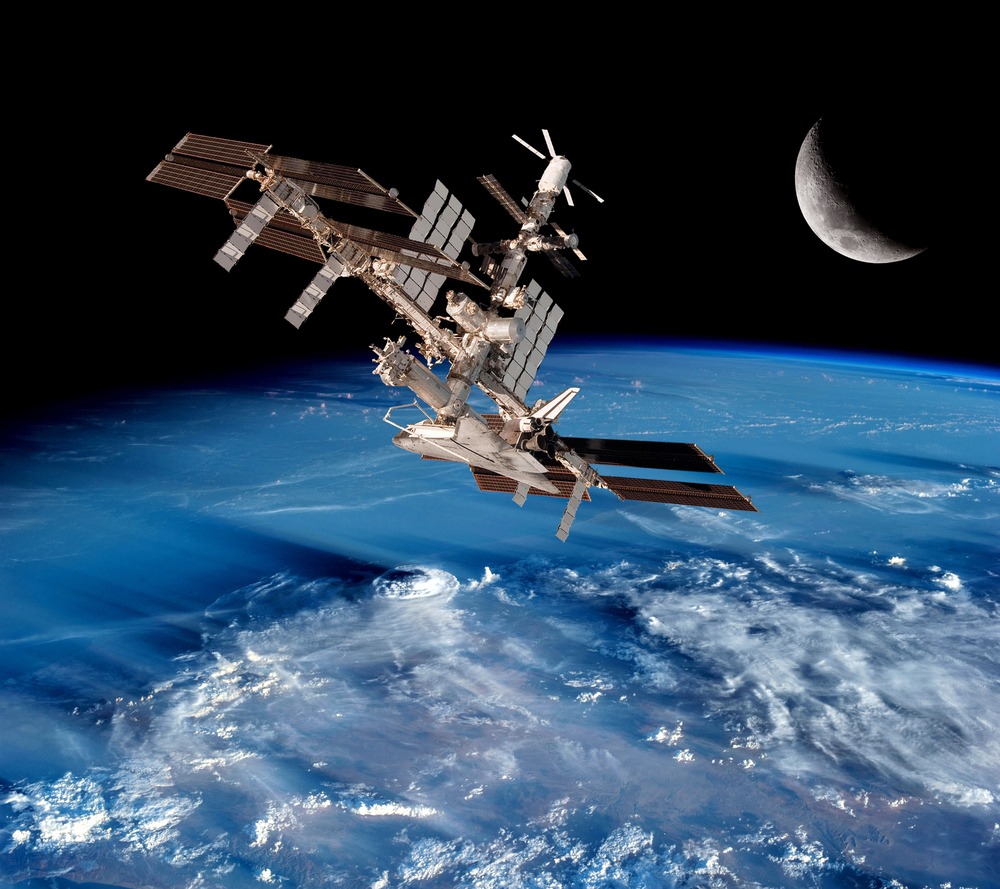
The global space industry is valued at $345 billion, according to a recent Federal Aviation Administration (FAA) report. The space industry includes government space agencies, global navigation satellite services equipment, and satellite services and ground equipment.
In 2016, more than 100 investors risked $2.8 billion in 43 space startups. While last year’s numbers are not yet available, they are expected to surpass that figure.
The industry is forecasted to continue its growth as private companies such as SpaceX, Virgin Orbit, Vector, Blue Origin, Rocket Lab, and others conduct launches.
The FAA’s Office of Commercial Space Transportation issued a record 23 licenses for launches in 2017.
“[We] know more still needs to be done,” Acting FAA Administrator Daniel K. Elwell said at the annual Commercial Space Conference last week in Washington D.C. “As the industry grows, so does the number of license applications. If the size of this audience is any indication, that’s not going to change. We need to keep up—which is why we’re committed to transforming the way we do business.”
Globally, China had the most launches in 2016 and is continuing to work on a manned space program and robotic exploration of the moon.
The Russian space industry, by comparison, has shrunk following technology failures.